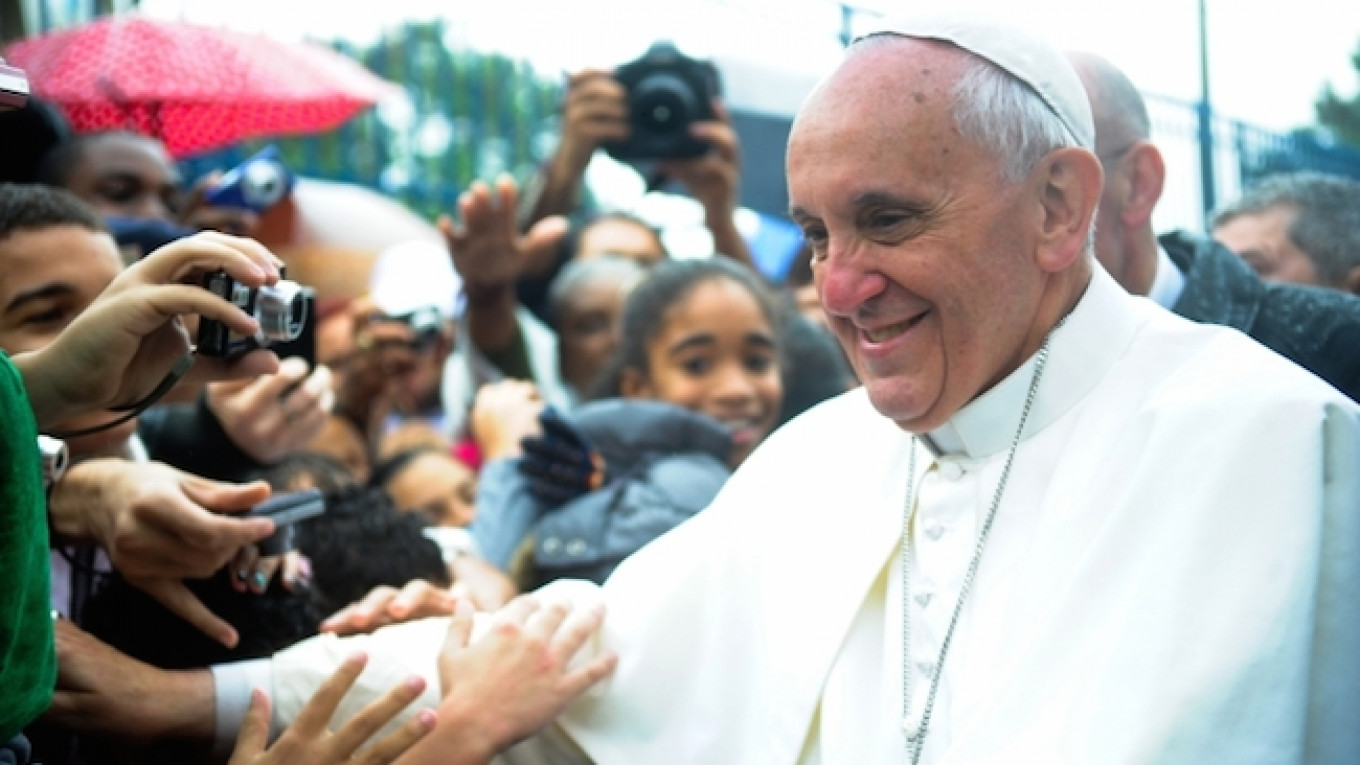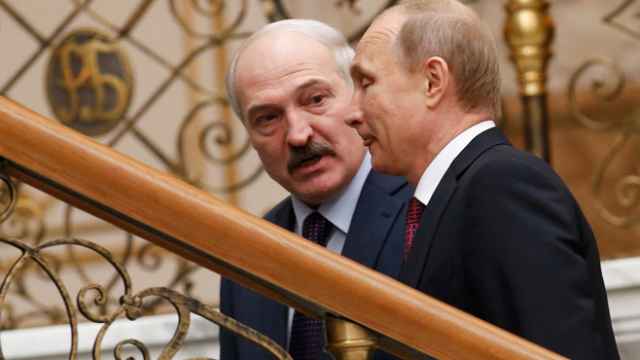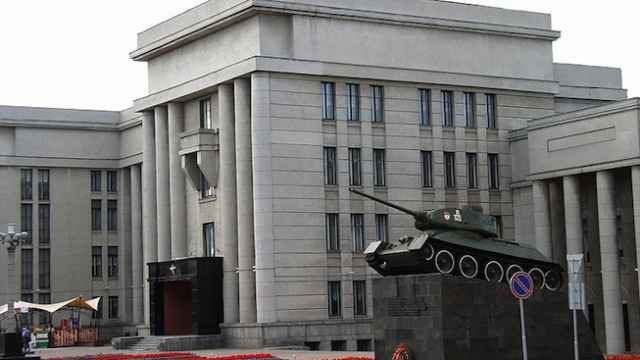Pope Francis is ready to help improve ties between Belarus and the European Union, a senior papal official said Saturday in the latest sign of a developing thaw in relations between Brussels and Minsk.
Cardinal Pietro Parolin, the Vatican Secretary of State, also said discussions were under way for a visit to Vatican City by President Alexander Lukashenko. Roman Catholics make up just over 10 percent of the majority Orthodox Belarusians.
"One can speak of the Belarusian authorities' intentions for great openness in their relations with the EU and the whole world. The Holy See is ready to offer its contribution to this process," Parolin, second in the Vatican hierarchy to Pope Francis, told journalists in Minsk.
EU diplomats say talks have begun on how to improve ties with Lukashenko, who recently hosted international talks aimed at securing a peace deal in eastern Ukraine.
Any rapprochement between Belarus and the West is likely to be gradual, however.
Lukashenko, who has ruled the former Soviet republic for over 20 years and is known in the West as "Europe's last dictator," has shown no haste in addressing western complaints over electoral and human rights abuses in Belarus.
Because of his country's rights record, he and some 200 of his supporters banned from travelling to the EU since 2011. He remains broadly aligned with Russia.
His last visit to the Vatican City, his first trip to Western Europe after a hiatus of many years, was in 2009. Hopes for warmer relations between Belarus and the West were soon dashed after that visit.
Parolin, an experienced Church diplomat before Francis chose him for the post equivalent to a prime minister, was officially in Minsk to bless the cornerstone for a new Vatican embassy.
"For Vatican diplomacy, Belarus is a helpful country, especially in the context of the events in Ukraine," he told Vatican Radio on Thursday.
A Message from The Moscow Times:
Dear readers,
We are facing unprecedented challenges. Russia's Prosecutor General's Office has designated The Moscow Times as an "undesirable" organization, criminalizing our work and putting our staff at risk of prosecution. This follows our earlier unjust labeling as a "foreign agent."
These actions are direct attempts to silence independent journalism in Russia. The authorities claim our work "discredits the decisions of the Russian leadership." We see things differently: we strive to provide accurate, unbiased reporting on Russia.
We, the journalists of The Moscow Times, refuse to be silenced. But to continue our work, we need your help.
Your support, no matter how small, makes a world of difference. If you can, please support us monthly starting from just $2. It's quick to set up, and every contribution makes a significant impact.
By supporting The Moscow Times, you're defending open, independent journalism in the face of repression. Thank you for standing with us.
Remind me later.






